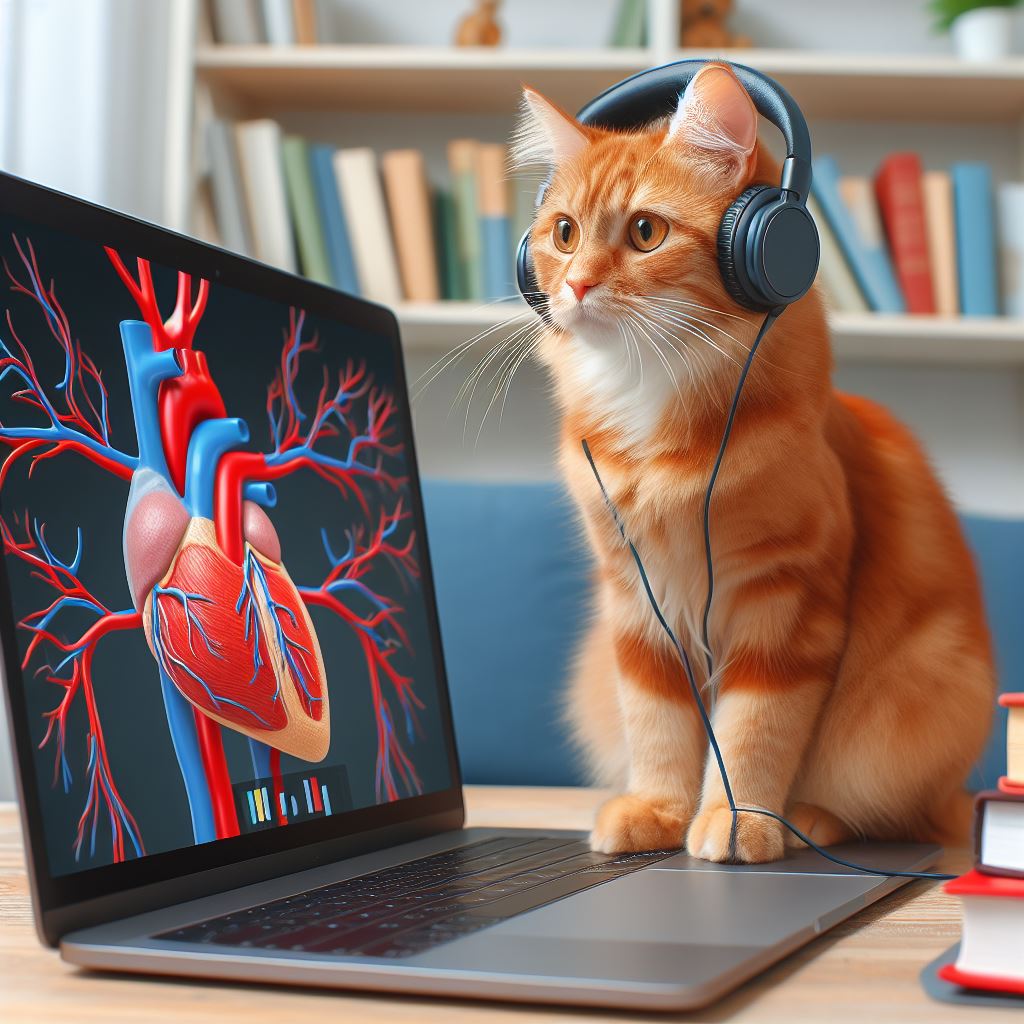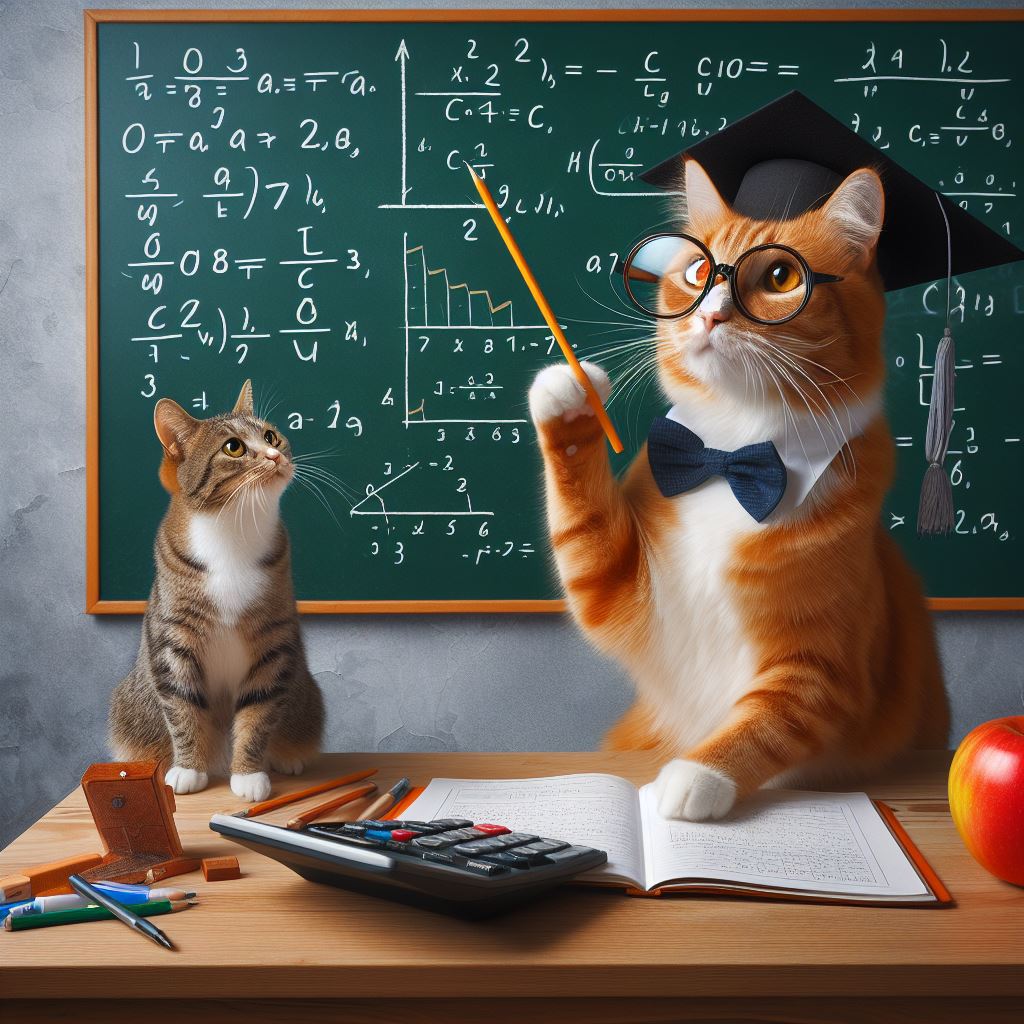The Scientific Revolution
In this lesson, you’ll dive into the beginning of the Scientific Revolution, an era from the 16th to the 17th century that revolutionized the way we understand the world, moving away from ancient teachings to embrace observation and experimentation. You’ll meet pioneers like Galileo and Newton, whose discoveries challenged the status quo and laid the groundwork for the science we know today.
The scientific revolution - key causes
The scientific revolution was a major shift in intellectual thinking that took place primarily in Europe between roughly 1550 and 1700. It involved a transition in the basic assumptions and methods of inquiry about the natural world. Its key causes include:
- The Protestant Reformation encouraged people to question established knowledge and authority from the Catholic Church.
- The Renaissance fostered a spirit of curiosity and interest in the natural world that laid the groundwork for scientific exploration.
- The printing press allowed ideas, data, and discoveries to be widely disseminated.
- Advances in mathematics, mechanics, and optics provided tools for understanding and testing hypotheses.
SCROLL DOWN FOR KEY INVENTIONS & DISCOVERIES

The scientific revolution - key causes
The effects and legacy of the scientific revolution include:
- A questioning of accepted knowledge and authority
- A spirit of skepticism and progress.
- The emergence of the concept of laws of nature that govern the world.
- The scientific method as the predominant means of inquiry.
- The birth of modern science with physics, astronomy, biology, and chemistry
KEEP SCROLLING

THE TELESCOPE
The telescope led to discoveries that challenged existing views about religion and science. The ability to study the heavens in more detail opened up new perspectives that threatened established orthodoxies and authorities. This promoted free thought and skepticism.
It was a revolutionary invention that showed the power of technology to expand the limits of human perception and knowledge. This demonstration of human capability contributed to a sense that we could free ourselves from ignorance, superstition, and reliance on tradition.
CLICK HERE AND LEARN MORE ABOUT THE TELESCOPE

THE LAWS OF PLANETARY MOTION
The discovery of the laws of planetary motion by Johannes Kepler in the early 1600s was a major scientific advancement, but did not directly contribute to advancing freedom. However, it did help set the stage for future scientific advances that would shape ideas about human freedom and rights.
Newton later leveraged Kepler’s laws in developing his laws of motion and gravity. This helped demonstrate that the universe operated predictably according to natural laws, not just arbitrarily through divine will. This view could be extended to human affairs
CLICK HERE – WITHOUT KEPLER THERE WOULD HAVE BEEN NO HUBBLE!

THE SCIENTIFIC METHOD
It enabled free, open inquiry and challenged dogma. The scientific method emphasizes evidence, testing, and questioning assumptions. This contrasts with reliance on tradition, authority, or doctrine without question. By encouraging questioning and independent investigation, the scientific method promoted free thought.
This, in turn, enabled informed democratic participation. By educating the populace in critical thinking and empiricism, the scientific method gave people tools to engage in democracy and civic discourse in a more informed and free manner.
CLICK HERE AND LEARN MORE!

BLOOD CIRCULATION
The discovery of blood circulation helped dismantle religious authority. In 1616, the Catholic Church banned books that affirmed blood circulation, as this contradicted the teachings of Galen and Aristotle. The episode demonstrated that scientific evidence should trump religious dogma, helping weaken Church authority.
More speculatively, some link it to political change. The English physician William Harvey was physician to James I and then Charles I. Some historians believe his revolutionary work emboldened England’s rising merchant class to challenge traditional social hierarchies, contributing to the English Civil War. But this connection remains contested.
CLICK HERE AND LEARN MORE!

THE VACUUM PUMP
The invetion of the vacuum pump enabled more advanced scientific research. The vacuum pump allowed scientists to study things like electrical discharges, properties of gases, and test ideas in pneumatics. This expanded scientific knowledge helped advance society.
It also enabled new manufacturing methods. Vacuum processes became important in metallurgy, chemistry, and food preservation. This boosted industrial productivity and economic growth.
CLICK HERE AND LEARN MORE!

CALCULUS
Calculus enabled industrial advances that contributed to economic growth and rising living standards. Things like improved construction, transportation, and manufacturing all relied on applications of calculus. This fueled the shift away from more primitive, subsistence living towards modern market economies and individual economic freedom.
Specific calculus-based discoveries in physics undermined certain ideas that were sometimes wrongly used to justify various forms of tyranny or oppression. For example, Newton’s laws of motion showed the physical universe operating uniformly according to mathematical laws, undermining ideas of things happening due to arbitrary divine intervention.
CLICK HERE AND LEARN MORE!

UNIVERSAL GRAVITATION
The discovery of universal gravitation by Isaac Newton in the 17th century was a major scientific breakthrough that helped promote freedom. It promoted the idea of a “clockwork universe” governed by universal natural laws. This mechanical worldview implied the universe and everything in it could be understood through science, reason and observation. By turning attention to the natural world, it encouraged freedom of thought and inquiry.
It helped undermine the authority of the Church and religious dogma. Newton’s laws of motion and gravity provided a mechanical explanation for the workings of the universe, suggesting it functioned according to rational scientific laws rather than according to the will or interventions of divine beings. This challenged the Church’s authority on matters of science.
CLICK HERE AND LEARN MORE!
